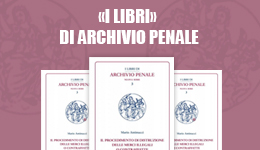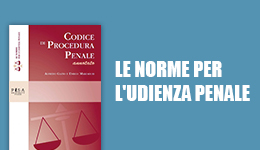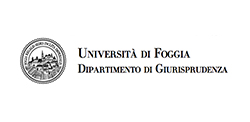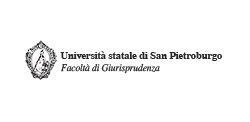Miseria e Nobiltà di un homo faber. Rielaborazioni di un osservatore penale
Archivio Penale
© dell'autore 2022
Ricevuto: 25 July 2022
| Accettato: 29 July 2022
| Pubblicato: 31 July 2022
L’intero articolo è disponibile
Riassunto
Quella proposta è un’ipotesi ermeneutica del fatto criminoso di c.d. caporalato che fa una precisa scelta epistemologica. Non si affida “ciecamente” alla credenza critica dei precari studi di settore, a sentire la quale l’attuale disciplina, scritta con le parole dell’art. 603 bis c.p., rimane afflitta da una tipicità debole ed al contempo in grado di mettere al centro della tutela la persona e la sua indefinita dignità. Parte diversa, riappropriandosi del primato della visione penal-costituzionale, senza accontentarsi del comune inquadramento dominato da spunti di studi sociologici “mal visti”, ma credendo “sul serio” che il caporalato postmoderno sia un fenomeno nato sociale per rimanere (in un certo senso) tale; che snaturi il senso stesso del lavoro, voluto umano dalla Costituzione, giungendo a snaturare le relazioni di partecipazione sociale sottostanti; che quest’ultime abbiano origini materiali e insieme culturali, e convergano direttamente nella struttura dei delitti al vaglio dandogli una linea ed uno spessore non abbreviati alla condotta del “caporale” ma saturati col senso dell’umana individualità di chi lavora. Si arriva ad un confine che allarga la maglia della fattispecie dentro un tipo speciale – diverso – di Servitù, conducendola sempre ad un evento, e sempre ad un evento che abbia necessariamente un unico senso: trasformare la persona “costituzionale” nel suo esatto contrario, un homo cui rimane, dopo il lavoro, solo la tanta fatica di essere faber.
Misery and nobility of a homo faber. Reworkings of a criminal observer
That proposal is a hermeneutic hypothesis of the criminal fact of the so-called caporalato who makes a precise epistemological choice. It does not “blindly” rely on the critical belief of precarious sector studies, according to which the current discipline, written with the words of art. 603 bis c.p., remains afflicted by a weak typicality and at the same time is able to place the person and his indefinite dignity at the center of protection. The proposal starts differently, regains possession of the primacy of the penal-constitutional vision, without being satisfied with the common framework dominated by ideas of “badly seen” sociological studies, but believing “seriously” that postmodern caporalato is a phenomenon born social to remain (in a certain sense) such; that distorts the very meaning of work, desired by the Constitution as human work, thus distorting the underlying social participation relations; that these relations have material and cultural origins, and converge directly in the structure of the crimes under consideration, giving them a line and a depth not shortened to the conduct of the “corporal” but saturated with the sense of the human individuality of the worker. We arrive at a border that widens the mesh of the case into a special – different – type of Servitude, always leading it to an event, and always to an event that necessarily has a single meaning: to transform the “constitutional” person into her exact opposite, a man who remains, after work, only the so much effort of being faber.
Percorso di valutazione
Peer reviewed. Certificazione della qualità











